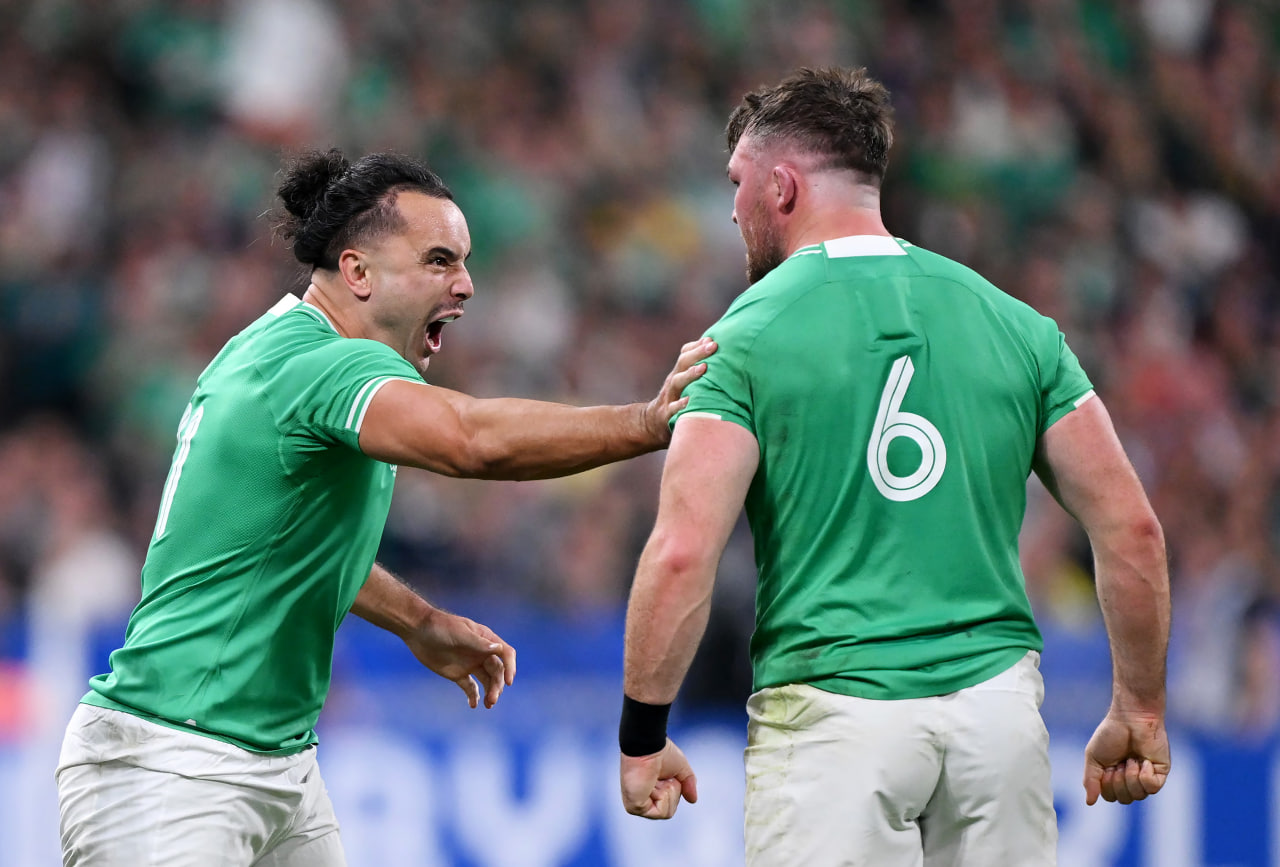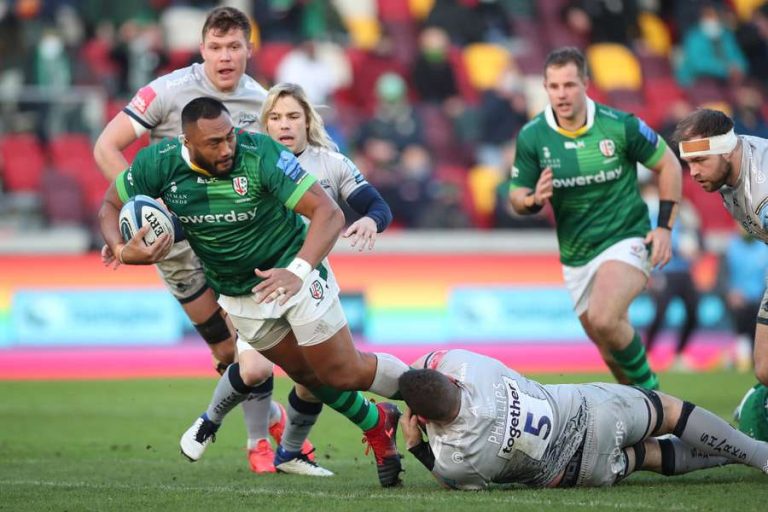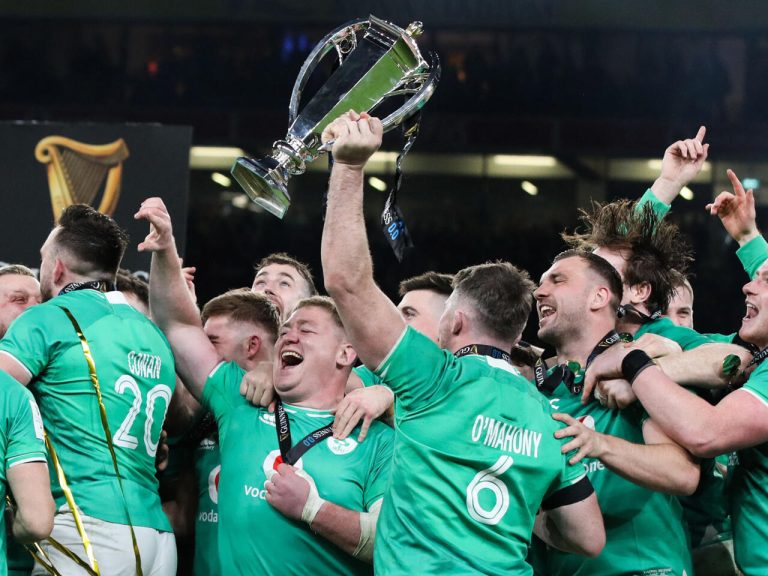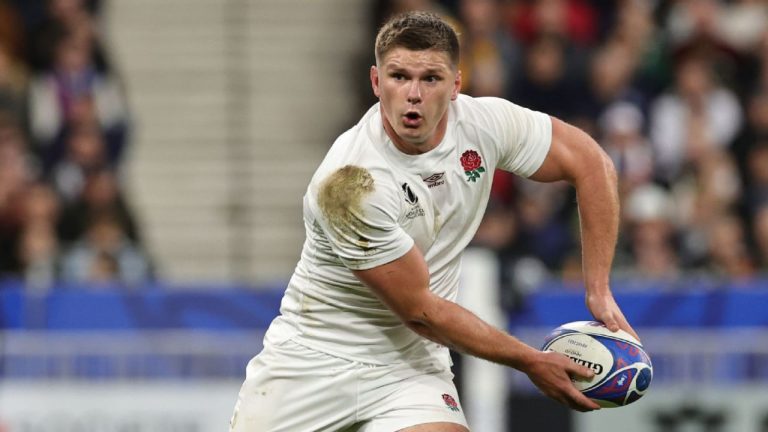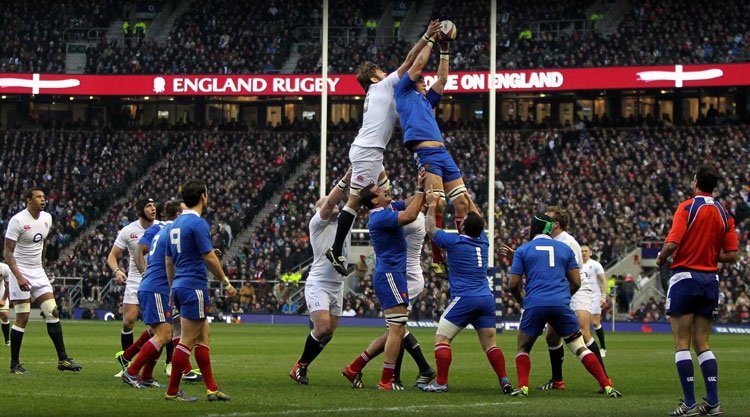Key Highlights to Watch for in the 2024 Men’s Six Nations
France, with a twist
In a first for the championship, Les Bleus will host home games away from Paris. They are scheduled to face Ireland in Marseille this Friday, Italy in Lille on 25 February, and England in Lyon on 16 March – the final weekend. Expanding the reach of rugby beyond capital cities seems like a positive move, especially considering the frequent criticisms across the Channel about the Rugby Football Union’s strong ties to Twickenham and its revenue-generating influence. France’s decision stems from ongoing construction at Stade de France in preparation for the upcoming Olympic Games this summer. While the French Rugby Federation may experience financial setbacks, Fabien Galthié’s team might welcome the change, avoiding the venue where they were eliminated from the World Cup. A similar sentiment could be shared by Ireland, who also exited the competition in Paris during that memorable quarter-final weekend.
Advancements in Mouthguard Technology
Although discreetly positioned in players’ mouths, the latest instrumented mouthguard technology represents a contemporary approach to reducing the risk of brain injuries, and its impact might become evident. Mandated since the beginning of 2024, the intention is to integrate this technology into the existing head injury assessment protocol. These mandatory custom-fitted devices are designed to provide in-game alerts to medical staff. As stated in the January announcement by the Six Nations, “In the event that a player experiences a head acceleration event, the match day medical staff will receive an alert.” While it may not significantly alter practical outcomes, it certainly won’t bring an end to the ongoing debate, controversy, and/or scandals associated with brain injuries.
Historic Moment for Davidson
On the tournament’s second weekend, Hollie Davidson, at 31 years old, will create history as the first female referee to officiate in a Six Nations match, serving as the second assistant for England versus Wales on 10 February. Davidson expressed, “It is a huge honor to be named as one of the assistant referees for the 2024 Guinness Six Nations.” Considering the challenges revealed by referees like Wayne Barnes at the top level, one hopes this proves to be a positive experience for Davidson. “Being the first female official in Scotland to do so is something I’m immensely proud of,” she added. “To be involved in such an internationally renowned fixture is something I’m massively looking forward to.” The lingering question, perhaps, is why it has taken so long.
Notable Absences
Several prominent players will be missing from the upcoming matches. England’s back three, for example, will have a noticeable gap with the departure of the impactful runner Henry Arundell, who has committed to Racing 92, rendering himself ineligible for England. Louis Rees-Zammit is absent from the Welsh team as he pursues his NFL aspirations, and Ireland is in a rebuilding phase without the retired Johnny Sexton. Owen Farrell, another team captain, had already announced his decision to step back from international duty before revealing his impending move to Racing 92. However, the most significant absence is Antoine Dupont, the exceptionally talented French scrum-half who has opted to channel his focus into Olympic sevens. While his absence will be felt, the Six Nations’ loss is undoubtedly the gain for the Olympics.
Although marquee players will be missing, as Andy Bull highlighted recently, rugby’s true charm lies in its emphasis on teamwork. A few thrilling, closely contested games decided in the final moments could easily diminish the impact of losing players like Dupont, Farrell, and Rees-Zammit. If the world’s most prestigious rugby tournament culminates in an intense closing weekend, such as the final match between France and England in Lyon, the sport’s reputation will emerge enhanced. While marketing departments will closely monitor viewership and social media impressions, hoping for an increase, the idea that rugby is on the verge of a breakthrough in America, akin to F1 post-“Drive to Survive,” is likely to be overly optimistic.
Italy’s Fresh Start
One of the major disappointments of the previous World Cup was Italy’s lack of competitiveness in a challenging pool that included host nation France and New Zealand. Reports of discord between the now-departed coach Kieran Crowley and captain Michele Lamaro are now in the past. However, Italy must reassert their worth in the tournament. The call for other emerging teams like Portugal or Georgia to have their opportunity gained momentum when Italy faced defeats against France and the All Blacks. Can Gonzalo Quesada, Crowley’s successor and former Argentina fly-half, lead a resurgence in Italy’s performance? A strong showing from the Azzurri could serve as validation for the current exclusive structure of the tournament.

